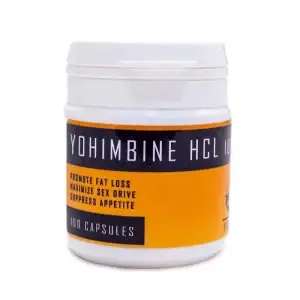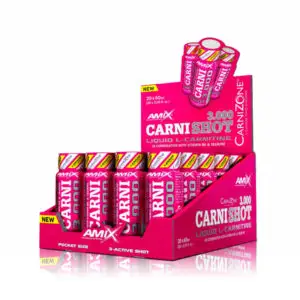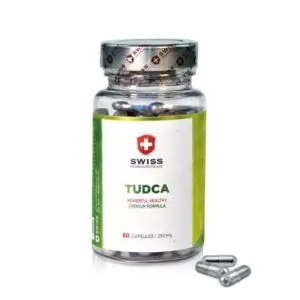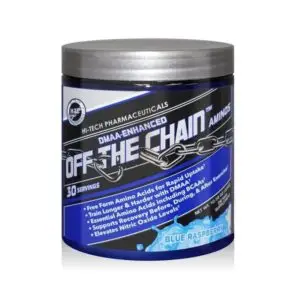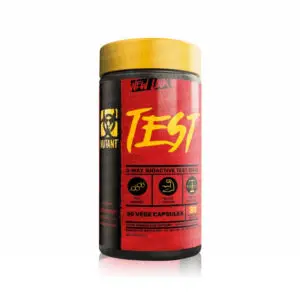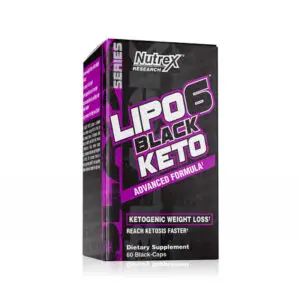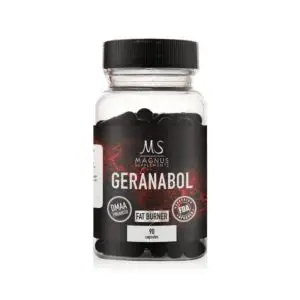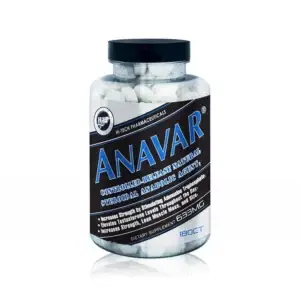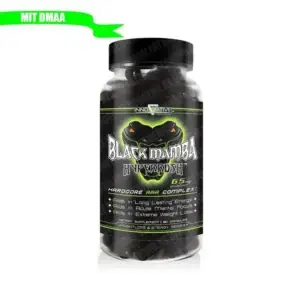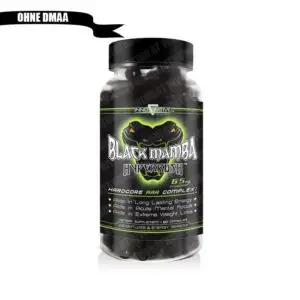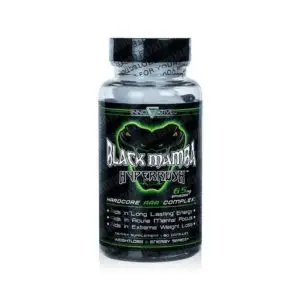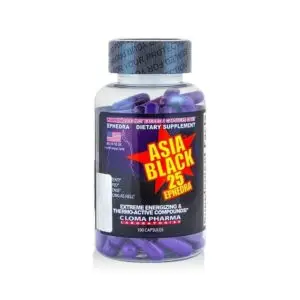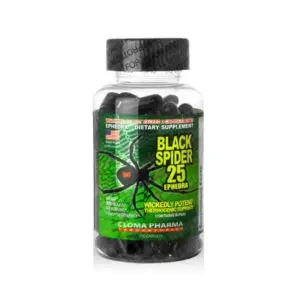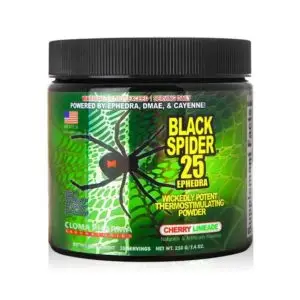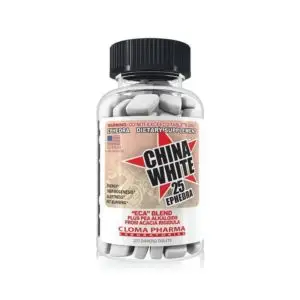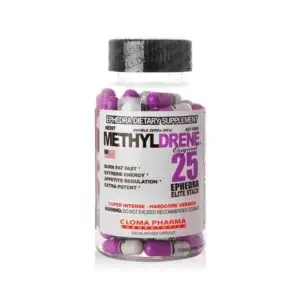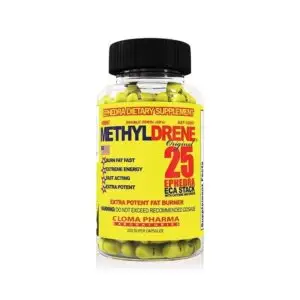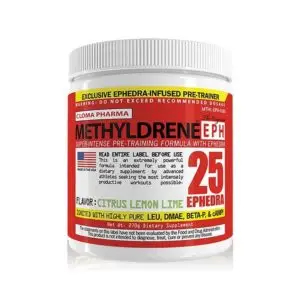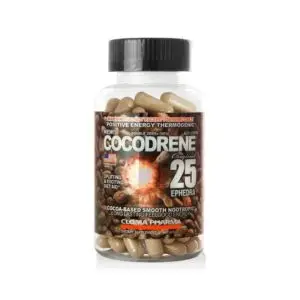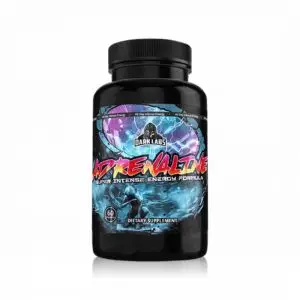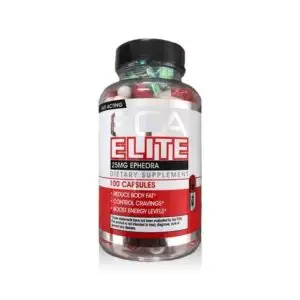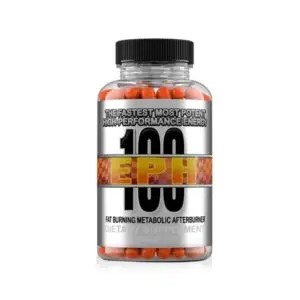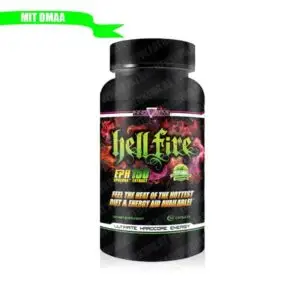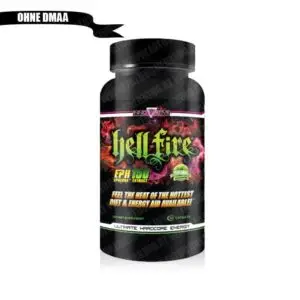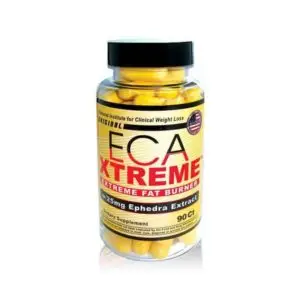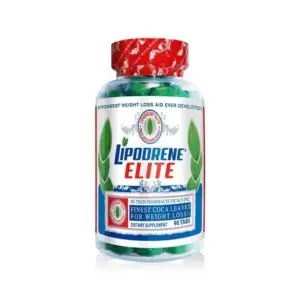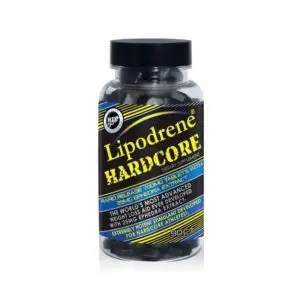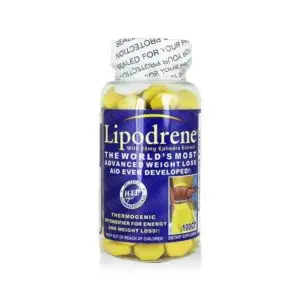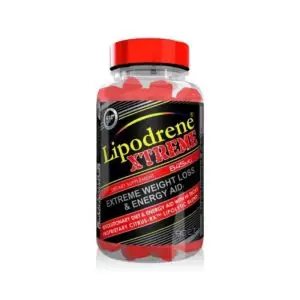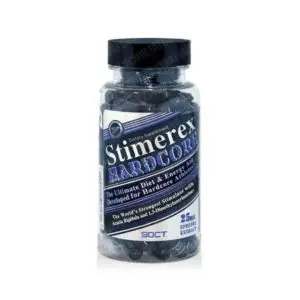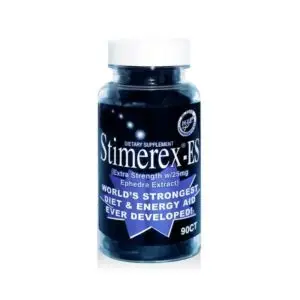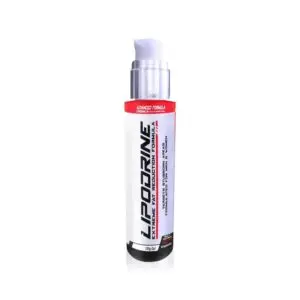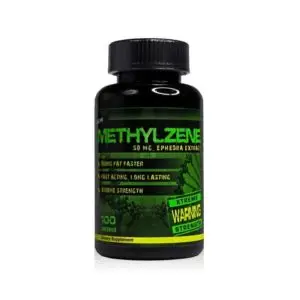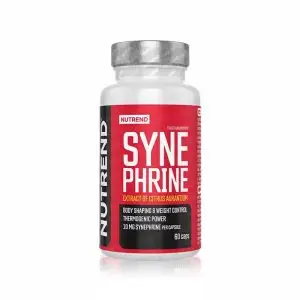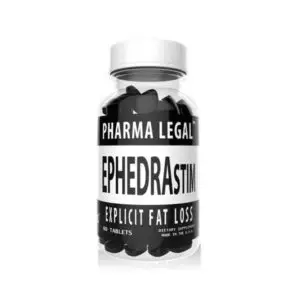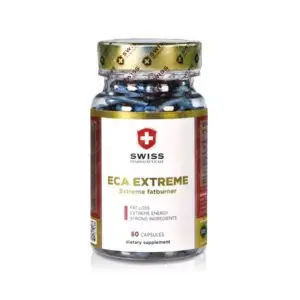INTAKE AND DOSAGE OF APPETITE SUPPRESSANTS
Diets and FDH can cause the yo-yo effect, although they are often seen as helpful. Hunger blockers are an effective alternative for rapid weight loss.
It is important to take the appetite suppressant correctly and to observe the dosage. This helps to control hunger and achieve positive effects. If you don't take your medication correctly, it won't work properly, no matter how strong it is.
Ingestion
Most appetite suppressants should be taken about 30 minutes before eating. You should drink plenty of water to fill your stomach and feel full more quickly. However, some products can also be taken during a meal, which is easier for some people.
Dosage
The dosage of appetite suppressants varies considerably depending on the product and ingredients. You can find out the exact number of capsules, tablets or sachets of powder in the manufacturer's instructions for the respective product. It is important to take the right amount to avoid side effects and to ensure that the hunger blockers work optimally.
OVERVIEW OF APPETITE SUPPRESSANTS
What are appetite suppressants?
Preparations that serve to reduce the feeling of hunger between meals. They work either through chemicals in the brain or through dietary fibers that quickly satiate. Although chemical appetite suppressants often require a prescription, natural products are freely available.
There are also biochemical agents that influence both the feeling of satiety and the metabolism.
These supplements are sold under various names, including appetite suppressants, hunger blockers, appetite blockers, satiety capsules, appetite control, stomach fillers, and others. They all aim to reduce hunger by making the stomach feel full and satiated.
Pharmacy appetite suppressant
There are a variety of appetite suppressants available in pharmacies to help people control their weight. Many of these appetite suppressants require a prescription and should only be used under a doctor's supervision. It is important to consult a doctor before taking prescription appetite suppressants. The doctor can explain the risks and side effects.
Prescription appetite suppressants are often used for severely overweight people. They are intended to reduce hunger and reduce food intake. They should not be used alone, but in conjunction with a healthy diet and regular exercise. The use of prescription appetite suppressants requires an awareness of possible side effects and careful medical supervision
Appetite suppressants in the form of capsules, powder or tablets?
The form in which you buy a hunger blocker depends on your personal preferences. Appetite suppressants are available as a powder to drink, tablets or capsules. Sometimes also as drops, which are used less frequently. However, the desired effect always remains the same: The desire to eat and the feeling of hunger are reduced.
Before you buy an appetite suppressant, you should do a test. This will help you find the best option for you.
An overview of the benefits of appetite suppressants:
- They reduce the small hunger between meals.
- They help to ensure that more calories are burned than consumed in the long term.
- Indigestible swelling agents and dietary fiber ensure long-term satiety.
- Some are available over the counter and are plant-based.
- They are easy to take (tablets, capsules, powder, drops).
- Cravings for sweet or savory foods are reduced.
- The effectiveness of glucomannan has been scientifically proven.
- They can increase energy consumption.
What are the ingredients of an appetite suppressant?
The ingredients of appetite suppressants vary depending on their chemical or natural composition:
Chemical appetite suppressants often contain anorectics such as norephedrine, phentermine, Aminorex, Caqthin, liraglutide, chitosan, orlistat and others.
Some products may also contain ingredients that lower blood sugar levels, which leads to a prolonged feeling of satiety.
Herbal appetite suppressants contain various ingredients such as glucomannan, pectin, alginate and cellulose. They may also contain extracts of green tea, coffee, psyllium husks, garcinia cambogia, mate or guarana. Other possible ingredients include rhubarb root, senna, alder buckthorn, horsetail, birch, dandelion and others.
Glucomannan: This ingredient used in many appetite suppressants is obtained from the flour of the konjac root. The fiber swells strongly on contact with liquid, creating a feeling of fullness in the stomach. The EFSA has confirmed that konjac root (glucomannan) can influence body weight . In addition, glucomannan (konjac mannan) can help maintain normal blood sugar levels and healthy bowel function.
What makes an effective appetite suppressant?
A high-quality appetite suppressant effectively supports the body without causing significant side effects.
High-quality fiber and swelling agents ensure quick and long-lasting satiety, which reduces calorie intake when you are hungry. Some supplements can also have a dehydrating effect, which can also contribute to weight loss.
How do appetite suppressants work?
Appetite suppressants work in different ways, depending on their ingredients and mechanisms. Here are some common modes of action:
- Dietary fiber and swelling agents: Many appetite suppressants contain dietary fiber and swelling agents that mix with liquid in the stomach and swell up. The feeling of satiety makes us eat less and therefore consume fewer calories.
- Chemical active ingredients: Some appetite suppressants contain chemical active ingredients that act directly on the brain and influence the hunger center. These active ingredients can reduce the feeling of hunger or increase the feeling of satiety.
- Metabolic change: Certain appetite suppressants can influence the metabolism by increasing energy consumption or increasing fat burning. This can help to burn more calories.
- Dehydrating effect: Some appetite suppressants have a dehydrating effect, which can lead to excess fluid being excreted from the body. This can lead to temporary weight loss, but this is mainly due to the reduction of water.
It is important to note that the effect of appetite suppressants can vary depending on the individual reaction and composition. In addition, appetite suppressants should always be taken in accordance with the manufacturer's instructions and ideally under medical supervision.
Appetite suppressant experience
Many people have had different experiences with appetite suppressants. Some have had good experiences with weight loss and less hunger, others have had side effects such as insomnia, dizziness or palpitations.
It is important to note that the effectiveness and tolerability of appetite suppressants can vary from person to person. It is important to read testimonials and find out about the products before taking them. This will help you make a decision. If in doubt, always consult a doctor for advice.
Who are appetite suppressants suitable for?
Do you want to lose weight quickly, get fit or achieve your dream body? Then appetite suppressants can help. Athletes such as bodybuilders could also benefit from hunger blockers, especially if they have problems with weight control or cravings. People with a high body mass index (over 27) can benefit from satiety capsules in several ways.
A study has shown that appetite suppressants not only help with weight loss. They can also protect prediabetes patients from type 2 diabetes. People with obesity (a BMI of 35 or more) should seek medical advice.
ALTERNATIVES TO APPETITE SUPPRESSANTS
The best substitute option for an appetite suppressant is not to let your appetite dominate. If this does not work, carbohydrate or fat blockers (fat burners) could possibly have a supportive effect.
Carbohydrate blockers inhibit carbohydrates and reduce glucose levels. Fat burners promote fat burning and metabolism and prevent fat absorption.
Natural appetite suppressants
For those who don't want to use appetite suppressants or satiety capsules, there are also some useful natural appetite suppressants in food:
- Carrots, apples (natural source of pectin) and raw vegetables - they need to be chewed thoroughly and are rich in fiber
- Unsalted nuts and seeds keep you full for a long time and are rich in protein and fiber
- Hard-boiled eggs are a good source of protein
- Legumes such as lentils, beans and peas (including kidney beans and chickpeas) can naturally suppress appetite
- The scent of vanilla can satisfy hunger and the vanilla pulp tastes good in quark or yoghurt
- When it comes to drinks, you should regularly drink vegetable broth, tea (especially ginger, peppermint or mate) and water. These fill the stomach and support the body
- Brushing your teeth with peppermint toothpaste can also satisfy your hunger
If none of this helps, you should see a doctor about the increased appetite.

